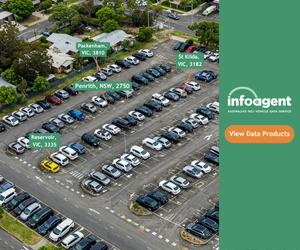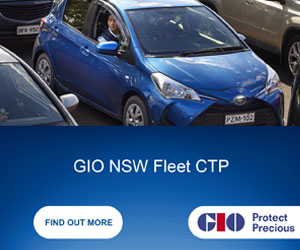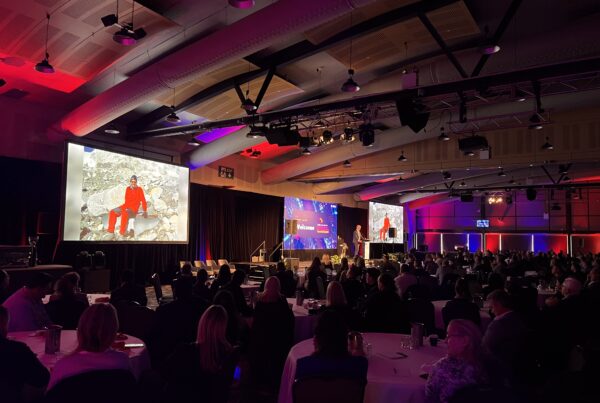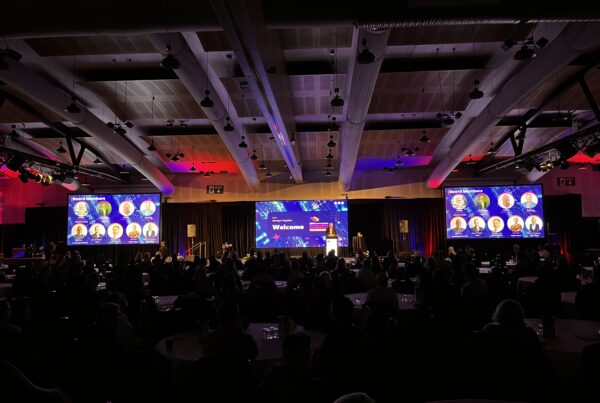In the wake of increased corruption and ongoing fraud allegations within Australian business in recent years, it’s important that organisations remain vigilant of remaining truly independent and unbiased in their dealings.
More than ever employees need to consider how their ongoing relationships with suppliers and dealings of procurement tenders might be interpreted at a higher level.
It can take years to develop a mutual understanding of business operations and the opportunity to share good practice is invaluable. Studies have found that successful alignment with key suppliers results in their improved capability, innovation, quality, reliability and pricing.
These qualities can only be achieved with the involvement of other stakeholders within your organisation, and communications and tender process that is transparent, equitable and consistent. When operating well, supplier relationships are a benefit of all involved.
To ensure these relationships are maintained it’s important to be aware of what communication and processes are and aren’t appropriate within the workspace.
Appropriate Supplier Relationships
As fleet managers, we collaborate with strategic suppliers because we want to reduce costs, improve processes and encourage innovation. It is vital to do this through professional, ethical and positive interactions.
To ensure these obligations are adhered to, encourage your staff members:
Do:
- ensure communication plans are endorsed by executive management before engaging with a supplier.
- establish a clear internal process to capture supplier ideas for continuous improvement and innovations.
- work with the supplier to agree on the key performance indicators (KPIs).
- seek to learn what you don’t know.
- declare all social meetings with a supplier.
Don’t:
- ignore or disregard supplier feedback, it is vital for continuous improvement.
- exclude end-users when exploring collaboration opportunities with suppliers.
- assume or think you know everything.
- accept any inducement, including a personal favour, gift, gratuity or entertainment.
- believe that your leadership alone is enough to drive change, it needs buy in from senior management.
- disclose supplier pricing to another supplier.
Procurement Tender Processes
When undertaking a new procurement contract or tender process, your organisation must maintain a robust, transparent and equitable process.
Whether sounding the market or tendering a specific contract, here are some simple guidelines relating to the concept of procurement tender:
Do:
- have a clearly defined outcome.
- have a clear tender specification.
- provide sufficient and identical detail to all suppliers.
- understand the costs involved in putting a tender together.
- have a clear timeline of the process.
- be open to the prospect of change.
- ask for references on potential suppliers.
- have a panel of at least three people to assess responses.
- have a numerical assessment of responses to achieve a clear and objective evaluation.
- communicate the intended evaluation methodology to suppliers, the transparency will be appreciated.
- have a group inbox for supplier questions that is monitored by more than one person.
- no matter how minor, insist all questions are routed through the established process.
- ensure all questions and answers are communicated to all participants.
Don’t:
- have face to face contact with suppliers regarding the tender during the process after initial tender briefing.
- have one person controlling the evaluation process or having significant power in the decision-making process.
- make promises you can’t keep to encumbered suppliers.
- use a supplier proposal as the tender specification.
- accept any inducement, including a personal favour, gift, gratuity or entertainment.
- accept premiums, rebates or incentives for your business, unless they are clearly defined in the tender response.
- consider offers from an organisation that doesn’t have the financial capacity to meet the criteria.
Acceptance of Gifts and/or Benefits
Employees may be offered gifts and/or benefits by suppliers and external stakeholders outside of a formal Independent Tender Process. When it comes to gifts it is critical that staff members:
Do:
- ensure that they only accept gifts which are being used for promotional purposes or are given as moderate acts of hospitality.
- consider if the gift is valued at more than $100 and can’t be politely refused, that the gift be reported to management and recorded on the organisation’s Gift Register.
Don’t:
- solicit any gifts, benefits or additional money for themselves or another staff member.
- accept gifts which may compromise, or appear to compromise, their integrity and objectivity in performing their duties, or cause, or appear to cause a conflict of interest.
- attempt to influence colleagues by giving them gifts or other inducements which may lead to their feeling obliged in any way.
This piece has been crafted with the collaboration and support of all members of the Australasian Fleet Management board and office team.



















